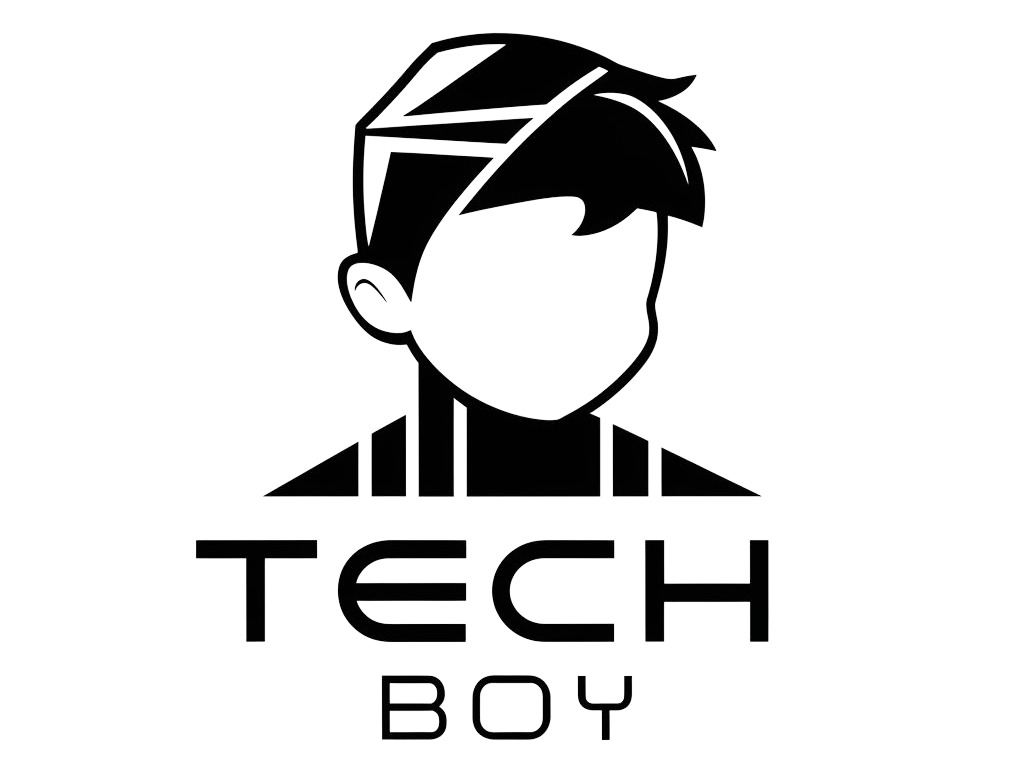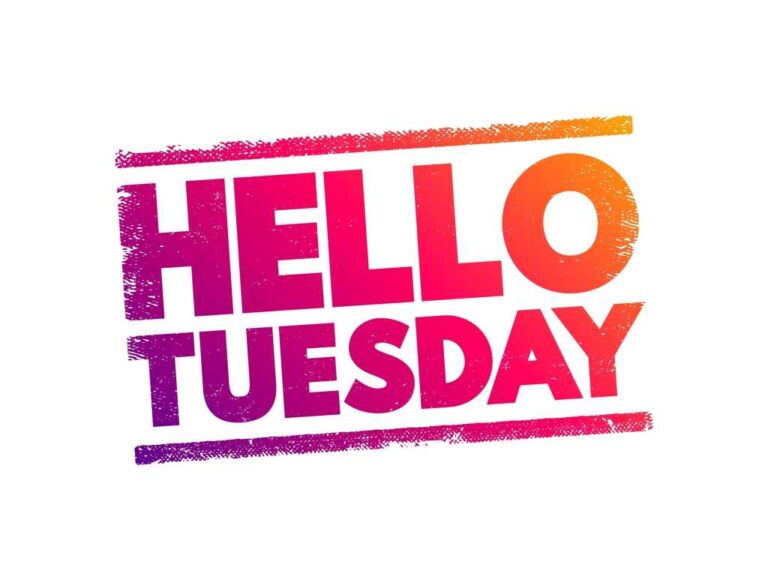Apple Intelligence in Europe? You might be waiting for a while
If you or your business happen to be nursing any hopes that Apple Intelligence will launch in Europe sooner rather than later, take a rain check on that AI expectation: Apple has failed to agree to a non-binding European Union pact to control artificial intelligence deployment.
Given the company is apparently in meetings with regulators with a view to clarifying how Europe’s DMA (Digital Markets Act) would be applied to its AI service, the fact it hasn’t (yet) signed on the dotted line suggests we’ll be waiting for it to reach Europe.
The EU AI pact has been inked by many other big tech firms; Adobe, Amazon, Google, Microsoft, OpenAI, Palantir, and Samsung are among 115 companies who’ve signed the document.
The EU AI Pact is a voluntary pledge to develop safe, trusted AI. “Artificial Intelligence (AI) is a transformative technology with numerous beneficial effects. Yet, its advancement brings also potential risks,” the pact explains.
Neither Apple nor Meta have signed up
Interestingly, Apple isn’t alone — Meta hasn’t signed either. Nor have TikTok, Anthropic, or Mistral.
Meta did, however, say it has not ruled out joining the pact down the road, according to Politico: “We also shouldn’t lose sight of AI’s huge potential to foster European innovation and enable competition, or else the EU will miss out on this one-in-a-generation opportunity,” Meta said.
The company has been critical of a lack of harmonization concerning AI implementation on a global scale.
What does the pact do?
The goal here is to put checks and balances in place around how AI is introduced in Europe. Signatories have agreed to comply with new European AI rules (the AI Act) which will be introduced in the coming years.
The pledges include a commitment to:
- Establish AI governance strategies to foster the uptake of AI in the organization and work towards future compliance with the AI Act.
- High-risk AI systems mapping: Identifying AI systems likely to be categorized as high-risk under the AI Act. Those systems might be AI handling infrastructure, safety, or law enforcement, for example.
- Promote AI literacy and awareness among staff, ensuring ethical and responsible AI development.
Additional pledges are voluntary, even within the agreement. These include a commitment to human oversight of AI and to ensure AI-generated content is clearly labeled as such.
Where is Apple Intelligence?
Apple hasn’t said anything about all this, though it seems relevant to note that since it doesn’t yet offer Apple Intelligence in the EU, the company may not feel a need to do so.
In the US, where Apple Intelligence is available, Apple in July agreed to a US presidential order governing AI technology. Elements of that agreement seem to echo those coming from the EU.
On reflection, it is possible that Apple’s acquiescence to the deal depends only on achieving a successful agreement regarding how the DMA will be applied to Apple Intelligence in the region. Apple CEO Tim Cook in August explained that the company is engaged with EU regulators, saying: “Our objective is to move as fast as we can, obviously, because our objective is always to get features out there for everyone. We have to understand the regulatory requirements before we can commit to doing that and commit a schedule to doing that, but we’re very constructively engaged with both.”
Don’t hold your breath?
While it is fair to note that the EU AI pact is different from the implementation of the EU DMA on Apple Intelligence, it’s hard not to think that Apple’s non-appearance as a signatory suggests more discussion is required before Apple launches its service in the region. If it even does.
Please follow me on LinkedIn, Mastodon, or join me in the AppleHolic’s bar & grill group on MeWe.







